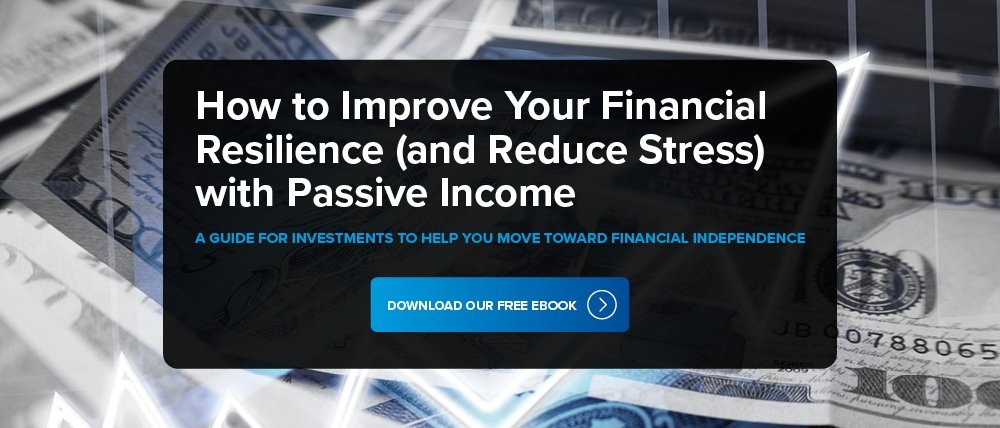Regardless of your industry, your organization’s response to COVID-19 could impact your bottom line for years to come. A recent survey found two in five shoppers will boycott businesses they feel didn’t properly respond to COVID-19. The highest demographic in that statistic is a sector of Generation Z, aged 18-24. For those surveyed, top business offenses included failing to protect workers or to provide adequate social distancing.
Apartment communities are not immune to this kind of backlash. Increasingly under the microscope of the younger, up-and-coming generations, the majority of renters are between the ages of 18 and 35. Renting an apartment is also an incredibly personable commitment, as you are choosing a community to live in, essentially a place to begin and end each day, for at least a year, if not longer. This year, with more people staying at home, working at home, exercising at home, and entertaining at home – the relationship between a resident and an apartment community is now more critical than ever.
Different property companies have taken unique approaches to the pandemic. In Texas, during the height of stay-at-home orders, some property companies used “essential worker” status to remain open, even going as far as to tell potential tenants to “come on in – and discuss rates” rather than deliver rates over the phone. While that’s okay – because everyone has their own business model preference – in contrast, other communities took a more cautious route. They locked their office doors, and they refused to allow in-person tours, all in an effort to protect both potential tenants and current tenants from the unknown by allowing less people on the property. Virtual tours and video tours became a temporary norm, and interpersonal relationships developed via those Facetimes became excruciatingly important to help secure the trust of new tenants.
At Rastegar, when the pandemic began, we opted for virtual tours and Facetime visits. The health and safety of our employees, tenants, business partners, contractors, and potential customers is top priority. Regardless of our business model, nothing will ever be more important than the well-being of those we serve.
Now, months later, we offer potential tenants the choice between visiting on-site or doing a virtual visit. We require face masks for anyone entering the property and some of our properties have outdoor hand sanitization stations. Additional cleaning crews now work extended hours for thorough cleaning of common surfaces and amenities.
How a property handles the pandemic isn’t seen just by current tenants; it can also be a deciding factor in whether or not a new tenant decides to rent. In cities like Austin, the demand for apartment communities is high, but new options open each month. Creating a competitive advantage by establishing a strong word-of-mouth is important. Though Austin is a growing metro and poised to become the 10th largest city in the U.S., word of mouth is still a large factor, and review sites like YELP make consumer satisfaction more visible, for anyone to view.
“Listening to our customers and giving them options based on their preference is key,” said Megan Dodd, Director of Asset Management – Multifamily at Rastegar. “It can be something as simple as asking if they want maintenance performed immediately or if they’d like to schedule something for when they’re not home. We are all going through a pandemic and we know we need to be sensitive and especially considerate.”
Being personable, friendly, and authentic is now more important than ever within your leasing office. During stay-at-home orders, at Rastegar, our leasing agents were proud to secure a record number of leases through virtual video tours and Facetime visits. Making people feel comfortable in signing for a new home is especially important during times of uncertainty. Because of our efforts, the majority of our units are rented out, with certain properties at 100% occupancy. A number we are proud of, but even more importantly, a number that allows our investing partners peace of mind.




